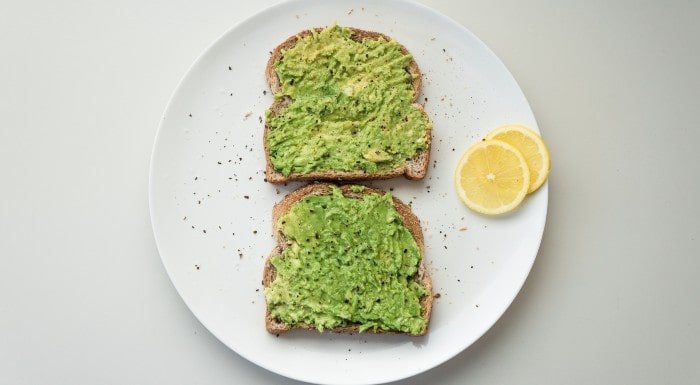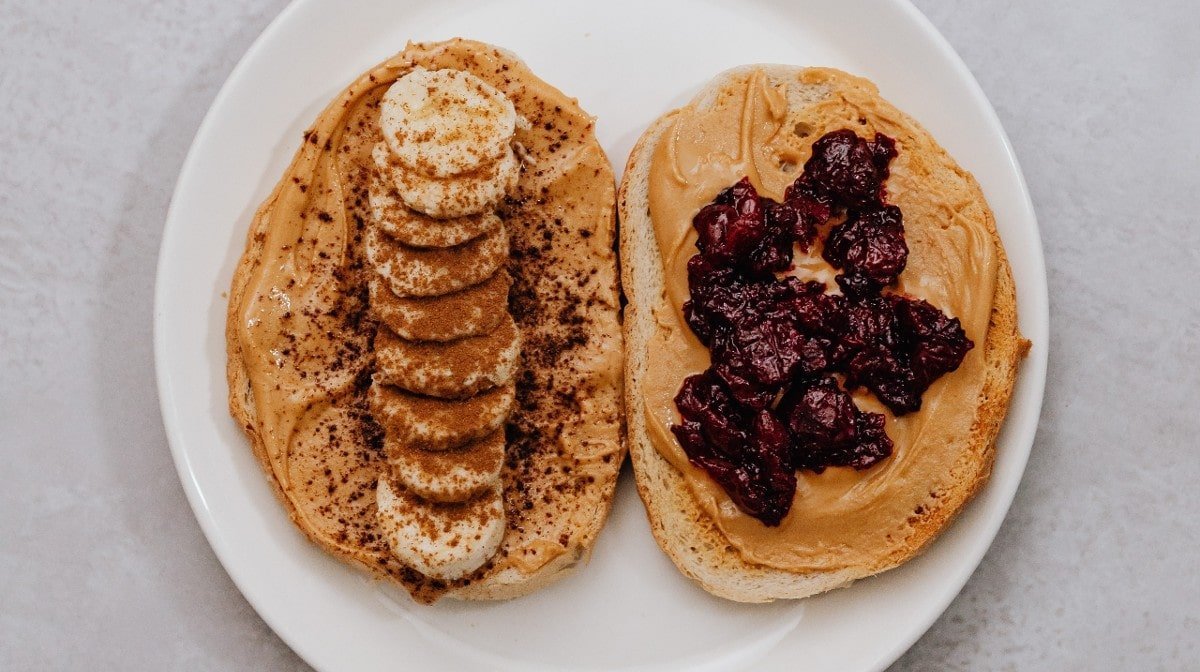Liam Agnew
Sports Nutritionist and Personal Trainer
Magnesium is an essential mineral that helps regulate many important functions in the body, including muscle protein synthesis, nerve and muscle function, blood sugar control and blood pressure regulation.1 These foods high in magnesium will help keep all of those in check.
The recommended amount of magnesium we should consume depends on our age and gender. For males aged 18-30, the RDA for is 400mg, and it’s 310mg for females in the same age group. The RDA for males above 30 is 420mg, and for females it’s 320mg.
Magnesium deficiency can result in loss of appetite, fatigue, weakness, and gastrointestinal issues such as nausea and vomiting, so it’s important we get enough in our diets. In this article we’ll present 10 foods that can boost your magnesium intake.

10 foods high in magnesium
1. Pumpkin Seeds
Magnesium per 100g = 270mg
One tablespoon of pumpkin seeds contains 32mg of magnesium, 3g of protein and 0.8g of fibre, and is a great way of boosting the nutritional content of salads and other meals. Pumpkin seeds also contain other minerals, such as phosphorous, copper, zinc and iron.
2. Chia Seeds
Magnesium per 100g = 308mg
One tablespoon of chia seeds provides 31mg of magnesium and 4g of fibre, making them a great option for boosting your daily fibre content. Chia seeds are also a source of omega-3 fatty acids, which have been associated with a wide range of health benefits.2 Other key minerals in chia seeds include selenium, copper, zinc, iron and manganese.
Learn more about chia seeds with this expert article below…

10 Foods High In Magnesium
Peanut butter on toast is definitely on the menu.
a year ago • By Liam Agnew
3. Almonds
Magnesium per 100g = 270mg
Almonds are a good source of healthy monounsaturated and polyunsaturated fats, and provide 27mg of magnesium for every 10 whole almonds. Almonds are also a source of tryptophan, which helps your body produce serotonin, a chemical that helps your body regulate mood and sleep.3
4. Spinach
Magnesium per 100g = 80mg
In addition to being a good source of magnesium, spinach is abundant in vitamin K, which plays a major role in wound healing. Spinach is also rich in vitamin C and iron — both of these are important for energy production.4
5. Black beans
Magnesium per 100g = 49mg
Half a can of drained black beans (120g) contains 60mg of magnesium. Black beans are also a good vegan and vegetarian-friendly protein source, with 8g protein in every 100g. Black beans are also high in fibre, which is important for maintaining a healthy digestive system. As both fibre and protein have a high impact on satiety, including black beans in meals can help increase the feeling of fullness.5
6. Edamame beans
Magnesium per 100g = 64mg
A typical serving (80g) of edamame beans contains 51mg of magnesium and is another good example of a plant-based protein source, with 9g in an 80g serving. Edamame beans are also high in fibre (5g per 100g) and a good source of zinc, iron, vitamin K1 and vitamin B9.
7. Brown rice, cooked
Magnesium per 100g = 48mg
rice is a low-GI carbohydrate source providing 44g of carbs as well as 72g of magnesium in a medium-sized cooked portion (150g). Brown rice also contains other important minerals, such as phosphorous, manganese and zinc, and is a particularly good source of vitamin B3 (niacin), which may help improve your cholesterol.6
8. Avocado
Magnesium per 100g = 25mg
An NHS-recommended serving size of avocado is 70g (about half an avocado), which provides 17.5mg of magnesium and other important vitamins (including B vitamins and vitamin E). Like nuts and seeds, avocado is also a source of monounsaturated fat.
Avocados aren’t just great for magnesium though…
9. Soya milk
Magnesium per 100ml = 15mg
Half a pint of soya milk (268ml) contains 48mg of magnesium. Like cow’s milk, soya milk is also a good source of calcium, which helps to maintain bone mineral density and reduce the risk of osteoporosis. Additionally, soya milk is a good source of B12, which is required for energy production. B12 can often be difficult to obtain on a vegan/vegetarian diet, so soya milk can be a good way to boost B12 intake.
10. Peanut butter
Magnesium per 100g = 180mg
Peanut butter is high in magnesium (32mg per tablespoon) and a host of other key micronutrients, such as vitamin B7, vitamin B3 and manganese. Like almonds and other nuts, peanut butter is also a good source of tryptophan. Due to the high-fat content, peanut butter is also high in calories, with 114kcals for every tablespoon. So be careful with portion sizes if you’re following an energy-restricted diet.